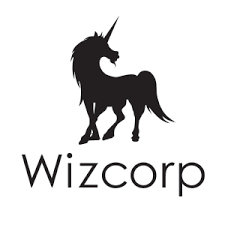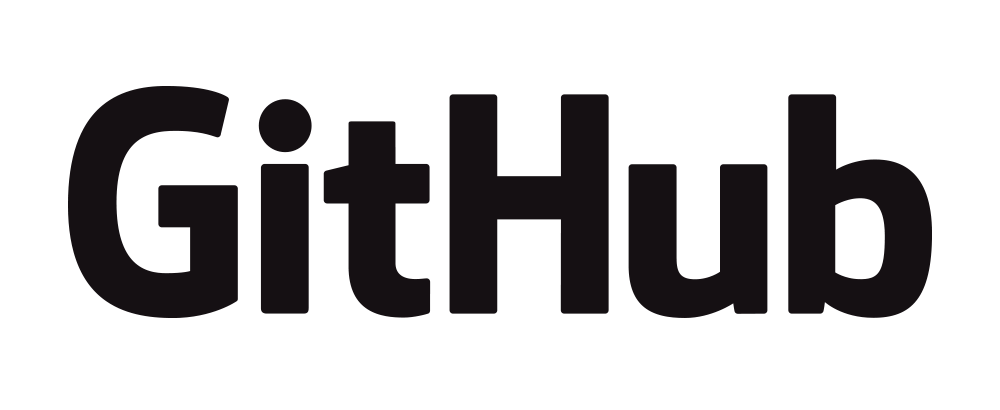IT consulting
software ・ hardware ・ firmware ・ engineering solutions
On-Prem has been serving customers globally since 2012, specializing in IT infrastructure design and management, software development, hardware and firmware design, and related engineering solutions.









